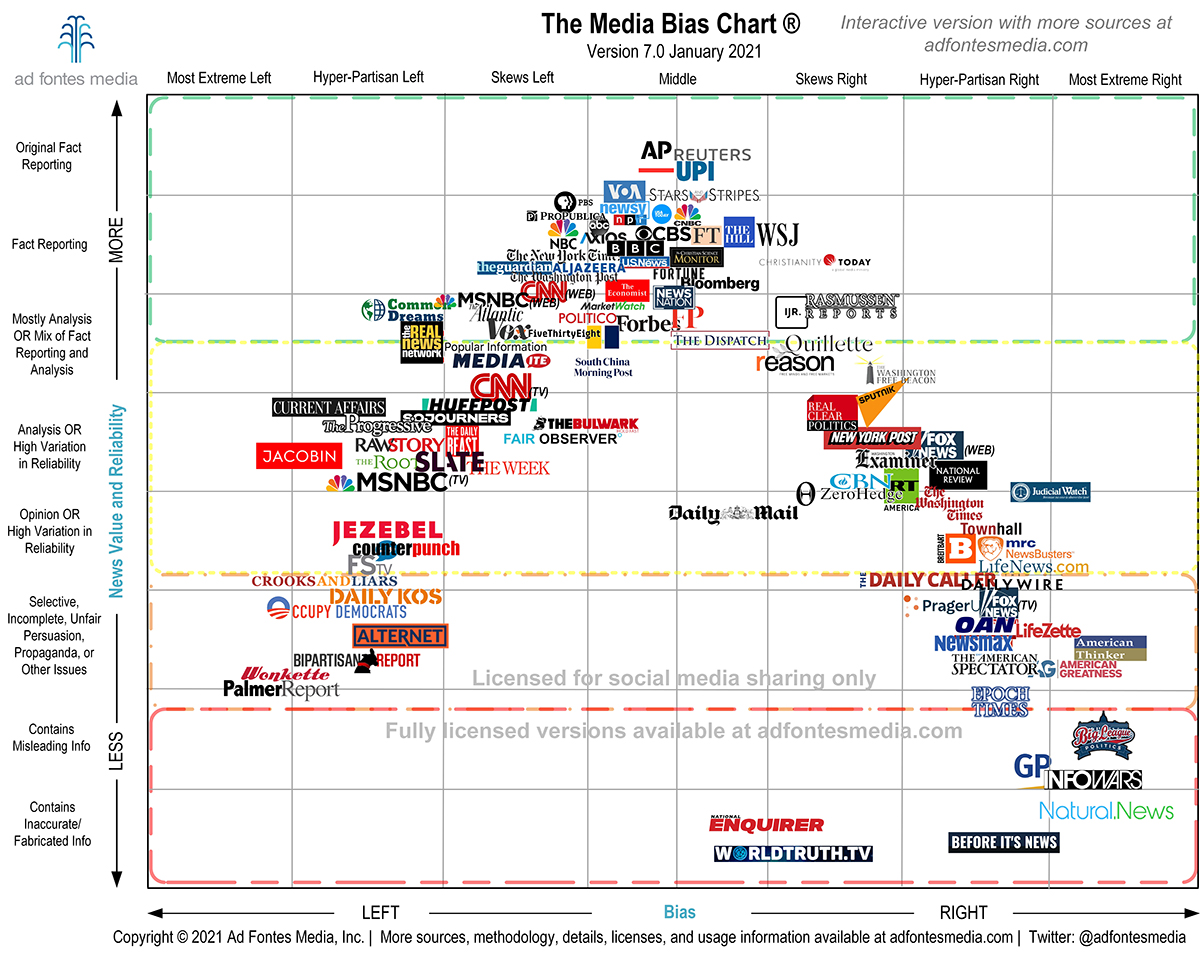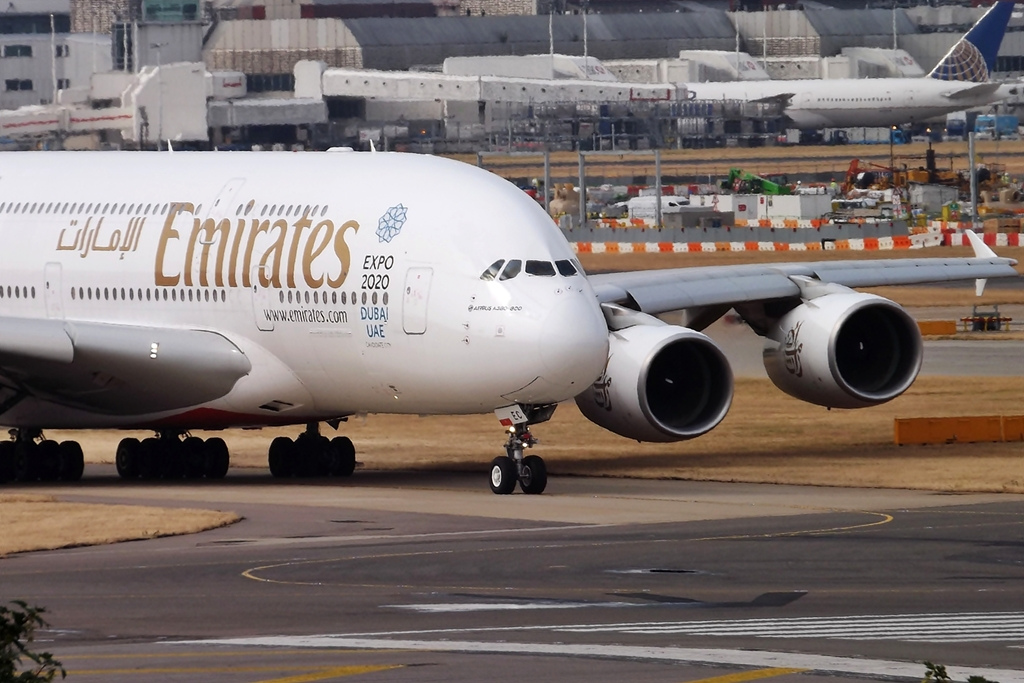A bit of skepticism is a healthy thing. We should question motives, goals, and drivers in our leaders and in their policies. However, it seems like the sheer amount of information is stifling our ability to take in, process, and move through the chaff. News websites are run by a few different major news organizations and republish the same story with slightly different wordings across their network. Then you have the small time blogs (like this one) that publish stories as fact with little to no journalistic integrity. Those stories then get reposted on Instagram or Twitter or Facebook and “go viral” as a headline without the readers taking the time to read past the headline. So how does someone take in this deluge and not get completely steamrolled by too much information and how do they decipher what is news or opinion or simply information meant to incite some sort of innate emotion?
The first step is to look at how you find and consume news. Completely ignoring anything that is posted on Twitter, Facebook, or Instagram is a good start. Most of the “news” you will find there is a friend of a friend’s blog that is usually just a way for that person to vent (case in point, what you are reading right now is that). Sure, there are some actual news stories that get posted on Facebook but a lot of that stuff bubbles to the top because the news organization is trying to get as many eyes on it as possible and they will use headlines or graphics that are misleading to get a potential reader to click the link. Turning off the television is another great way to avoid hyperbole meant to grab your attention. Local news stations are good but remember that most are owned by a big news company. This isn’t to say that they are bad, you just need to know what lens they see the world through as you take in the information.
You can see where I am going. I like written news, whether it be print or online, I tend to get my news in written form from a number of different sources. To know which way the thing that I am reading leans, I use the media bias chart from ad fontes media.
Just from a quick glance I can tell that NBC and CBS skew a little to the left while The Hill and Wall Street Journal skew a little more to the right on the political spectrum. This doesn’t mean I discount or ignore what they say, it means I read each of them knowing that they tend to favor one side or the other.
My reading list for news is the following (in no particular order)
- The Hill
- The New York Times
- The Wall Street Journal
- NPR
- Bloomberg
- ZeroHedge
- South China Morning Post
There are a few others that I will glance at including Real Clear Politics and The Atlantic but I try to spend as much of my time as close to the middle of that media bias chart as I can. Knowing that the New York Times is going to lean a little left on a story I can quickly look up the equivalent story in the Wall Street Journal and see what the right leaning thoughts are. This is particularly important when reading opinion pieces because again, these aren’t news, they are someone’s thoughts on a subject, they are going to lean one direction.
Critical Thinking Ignores Personal Bias
Maybe “ignores” is too strong of a word. Critical thinking softens personal bias. If all someone views is news and video stories about how antifa is setting the world ablaze, they are going to tend to think antifa is setting the world on fire, regardless if it is true or not. As a society, we should want as many well read people as possible. I want debates of issues but I want those debates focused on the issues, not the cruft that some news personality brought up. If more people read more opinions that don’t echo their own beliefs, we’ll be better for it. If more people know what is happening in the world, we’ll be better for it.
Part of what I see right now is hyper focus on a few domestic issues and those issues are surrounded by hyperbole and vitriol that actually adds very little to the conversation. It’s intention is to agitate the base on either side of the aisle enough to get them to repost on Facebook or Instagram and get more people agitated. We have to see through that.
Just removing vitriol is a huge first step. Abandon Facebook, or simply limit your time on it. Abandon Instagram, or at least avoid the politics cesspool part of it. Abandon Twitter, or start putting vitriolic posters on your muted list. If the yelling and noise doesn’t get constantly repeated eventually it will fizzle out and people can have debates with actual value and content. Knowing that we are being overloaded with information and disinformation is a good start.



